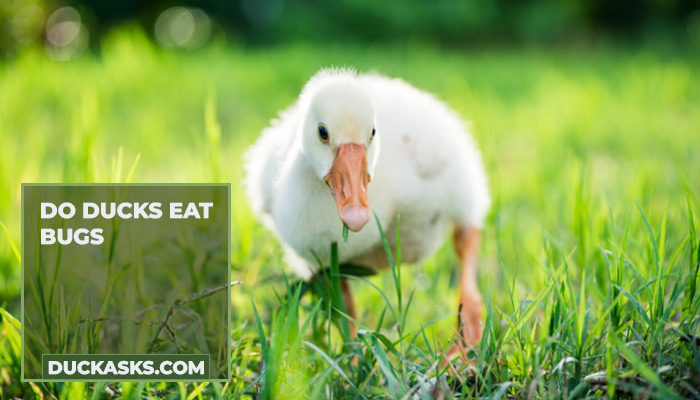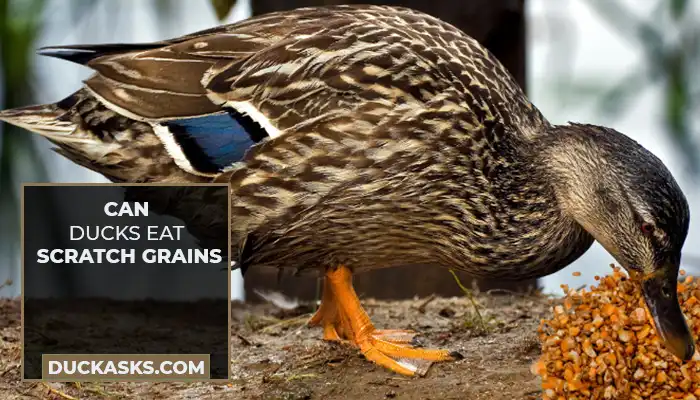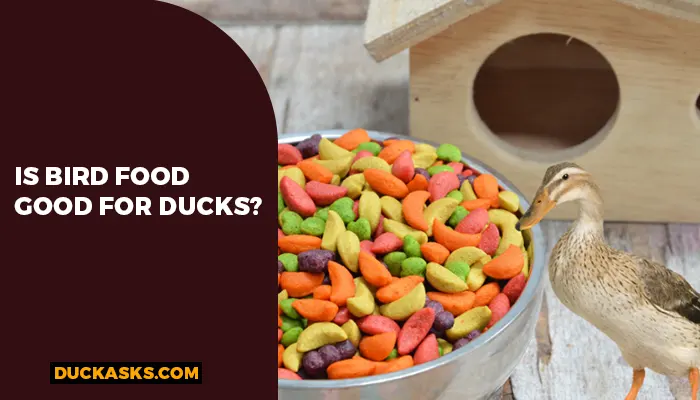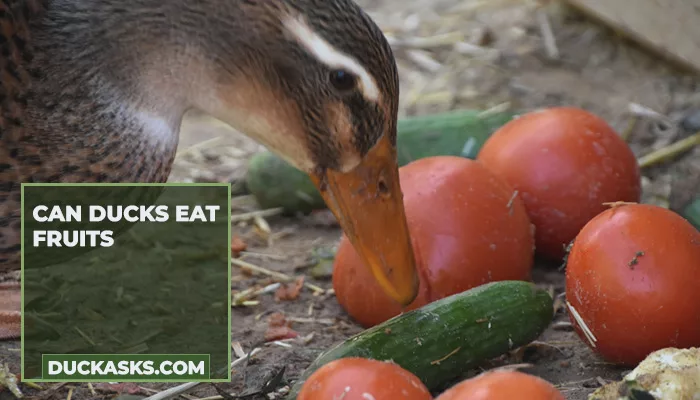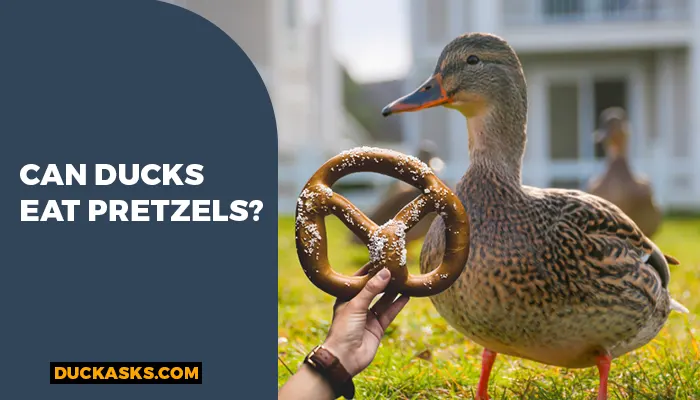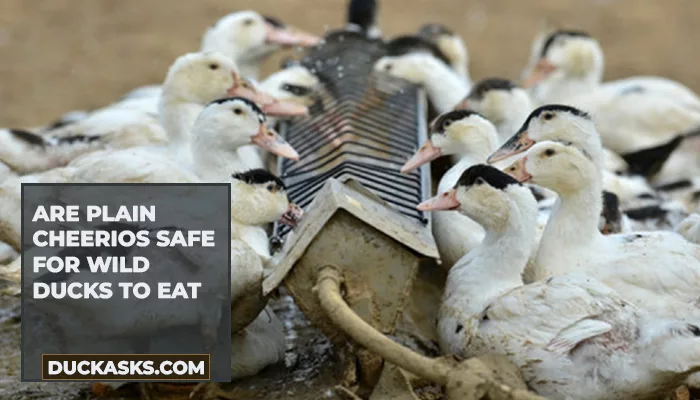Do Ducks Eat Hay?
You have probably been pondering the question, Do ducks eat hay?
The answer is – it depends on the duck. While most ducks will enjoy a nice helping of hay every now and then, it’s not a necessary part of their diet.
Ducks are omnivorous animals, which means that they’ll eat just about anything. But there are a few specific things that ducks love to chow down on, and hay is one of them.
Why do ducks like to eat hay? There are a few reasons. For one, hay is a great source of fiber, which is essential for their diet. It helps keep their digestive system moving smoothly and can help prevent digestive problems.
Hay is also a good source of nutrients, including vitamins A and E, and it’s low in calories. This makes it a perfect food choice for ducks who are trying to stay healthy and maintain a healthy weight.
Read more about ducks food:
Is It Okay for Ducks to Eat Hay?
Grass that has been dried and chopped into little bits is called hay. As a source of minerals and fiber, it is frequently utilized as animal feed. Hay is an excellent source of fiber and nutrition, so ducklings can consume it.
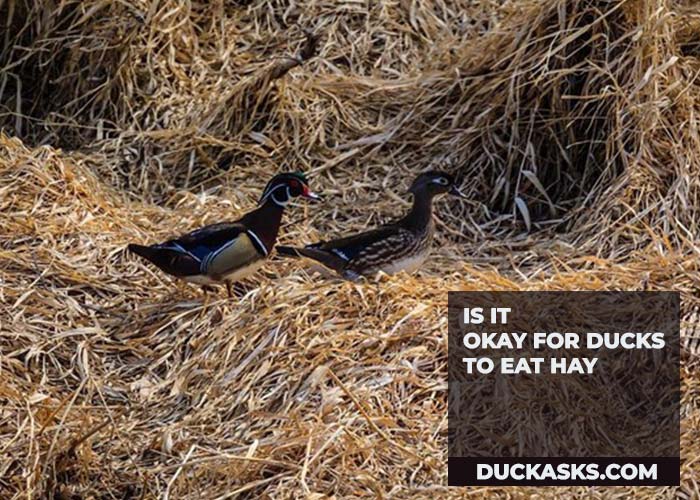
Ducks love hay! Not only is it a great source of nutrition for them, but it’s also great for their digestion.
Health Benefits of Hay
Hay is a high-fiber food that helps keep their digestive system functioning properly. It also helps keep their feathers clean and in good condition. Basically, hay is like a big, fluffy toothbrush for ducks.
If that’s not enough, hay also provides them with some much-needed Vitamin A and E, which helps keep their skin healthy and their feathers shiny.
If you decide to give your ducks hay as food, be sure to purchase it from a dependable vendor and wash it well before giving it to your ducks.
The Best Type of Hay for Ducks
Ducks love hay, and it’s a great source of fiber for them. But not all hay is the same. Some types of hay are better for ducks than others.
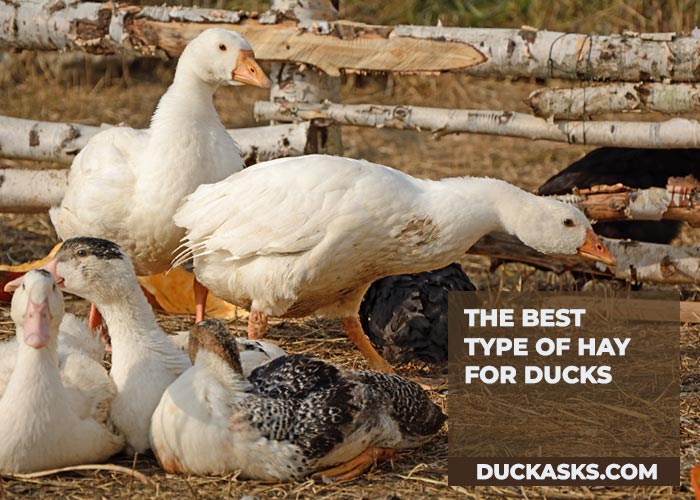
01. Alfalfa hay
Alfalfa hay is high in protein and calcium, and it’s a great source of fiber. It’s also very digestible, so it’s a good choice for growing ducks or pregnant ducks.
One of the best sources of protein, rich in vitamins, minerals, and other nutrients, is alfalfa meal (Ensminger, 1992). Vitamins A, D, E, K, C, B1, B2, B6, B12, Niacin, and Pantothenic Acid are specifically present in alfalfa.
02. Timothy Hay
This type of hay is also high in protein and calcium, and they’re good sources of fiber. Timothy Hay is simpler to obtain and offers the ideal nutritional balance, including calcium, protein, and fiber. Timothy hay’s high fiber content contributes to maintaining a healthy digestive system.
03. Orchard Hay
This is a great substitute to the others. Even the pickiest eaters will be won over by the aroma of orchard hay, which is typically softer, sweeter, and more appealing to the palate.
Orchard hay has a similar nutritional value to Timothy hay, including a high fiber content and a little lower protein content.
How to Feed Hay to Ducks?
It’s hay-eating season, and that means it’s time to get your ducks in a row. Here’s how to feed hay to ducks −
- First, make sure you have a designated spot for them to eat. Hay can be messy, so you’ll want to keep things tidy.
- Second, put the hay in a container or feeder that’s easy for the ducks to reach.
- Finally, keep an eye on them while they’re eating to make sure they’re not getting too messy.
Ducks will eat 7–10 oz a day. Water is essential for ducks. Each day, they will require roughly 1 liter of water.
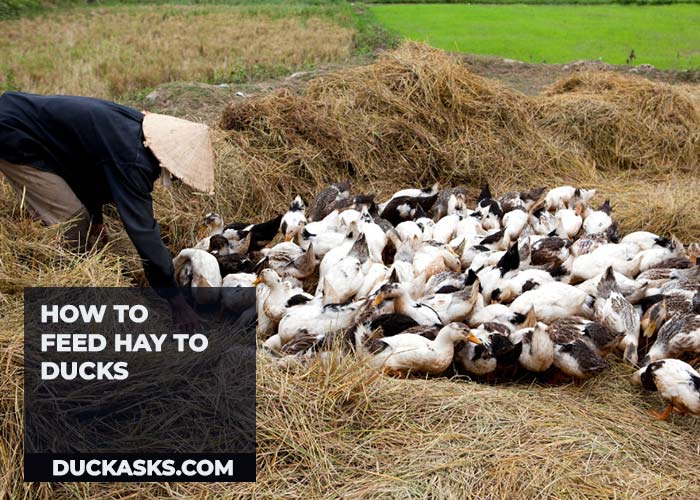
They also enjoy submerging their entire head, so if you don’t have a kiddie pool or other area where they can do this, make sure your water dish is deep enough for them to do so.
Before going outside into the weather, after 7 to 9 weeks, ducks need to have all of their feathers in place.
Even though they can spend some time outside before their feathers grow, because of their poor ability to regulate temperature, young birds cannot be exposed to the elements.
Conclusion
So, there you have it – ducks do eat hay! And there’s no need to feel guilty about giving your ducks a little hay to munch on – it’s actually good for them.
Make sure to supplement their diet with other healthy foods, and give them plenty of fresh water to drink. Their body may develop crop impaction if they consume too much hay. As such, you should only give them a small amount of these treats.
So, for healthy living or giving them a good treat, one should consider hay but in small portions.
Did this article tickle your intellectual needs? If yes, then go visit our socials for more. If not, then go visit our Facebook, Twitter, and Pinterest to satisfy your thirst for answers. Please share this article if you enjoyed reading it.
Article References –
Image Credits:

